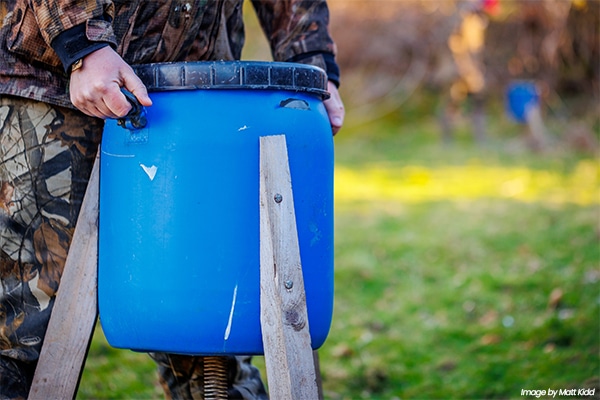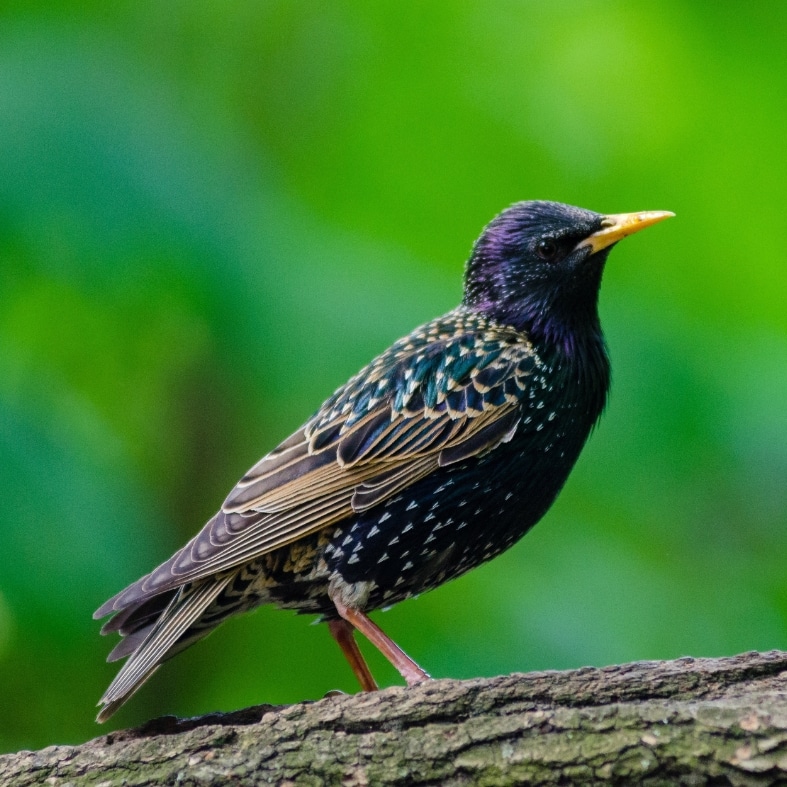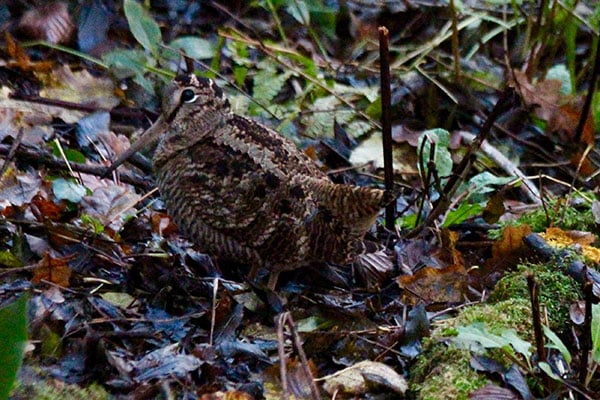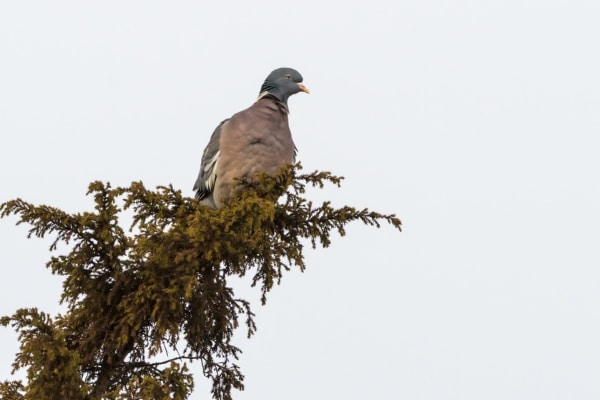
Gamebird release licensing
Read our advice and guidance on releasing pheasants and red-legged partridges on or near SACs and SPAs in England.
Get information on the legal shooting season for mammals and birds in the UK.
Apply for funding for your project or make a donation today
Comprehensive information and advice from our specialist firearms team.
Everything you need to know about shotgun, rifle and airgun ammunition.
Find our up-to-date information, advice and links to government resources.
Everything you need to know on firearms law and licensing.
All the latest news and advice on general licences and how they affect you.


Home » General licences » Individual licences for wildlife management » Northern Ireland
In Northern Ireland, if you want to control pest birds not listed on general licences TPG1, TPG2, or TPG3, you must apply for a wildlife licence to allow you to take or kill birds for a specific reason.
Applications for individual licences are considered by the Northern Ireland Environment Agency (NIEA) which sits within the Department for Agriculture, Environment and Rural Affairs (DAERA).
In the case of pest birds, some examples of the conditions under which NIEA will issue licences are:
The wildlife licence cannot currently be completed online, but rather must be downloaded and printed or completed as a .PDF document.
In order to complete the form, the following detail must be submitted:
New applications will normally require an initial site visit with the individual who is experiencing the problem (i.e. the applicant).
There is no charge for the issue of a wildlife licence.
The licence will specify how many birds may be taken or killed, and a time period within which the work must be carried out.
The completed application should be sent to:
Northern Ireland Environment Agency, Klondyke Building, Cromac Avenue, Gasworks Business Park, Lower Ormeau Road, Belfast BT7 2JA.
NIEA aims to process all wildlife licence applications within 15 working days.
Under the terms of the licence, you will be required to submit a report at the conclusion of the control work being carried out, or at the expiration of the licence.
The report must be completed even if no action has been taken, and must be returned no later than 1 month after the expiry of the licence. The report must be signed by the licence holder.
If applying for another licence to continue the existing project, the application should accompany the report at the time of submission.
The holder of the licence must ensure that they comply with all conditions specified on the licence and relevant animal welfare legislation when carrying out the control, i.e. The Wildlife (Northern Ireland) Order 1985, the Welfare of Animals Act (Northern Ireland) 2011 and the Wildlife and Natural Environment Act (Northern-Ireland) 2011.
For further information, contact the BASC Northern Ireland Office on 02892 605050 or visit the DAERA website.

Read our advice and guidance on releasing pheasants and red-legged partridges on or near SACs and SPAs in England.

BASC commissioned Erne Environmental to manage a network of volunteers to provide sufficient data to the National Breeding Woodcock Survey in 2023.

All the latest news and advice concerning general licences, in England, and how they affect you.